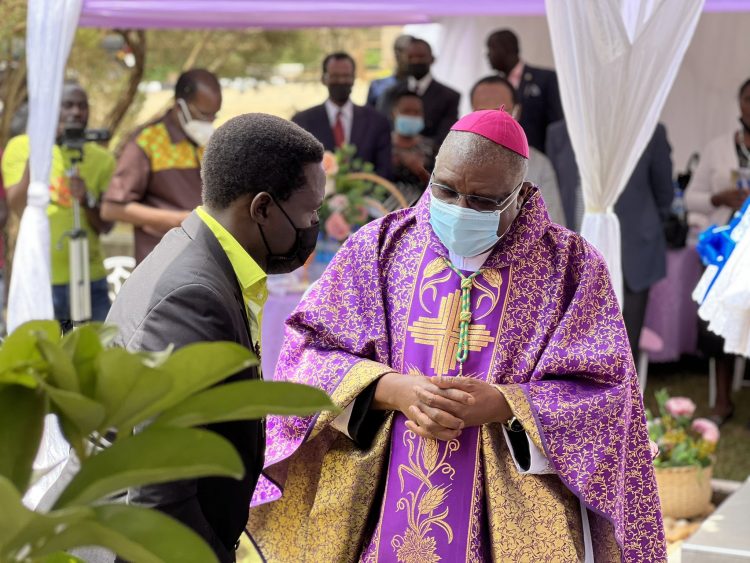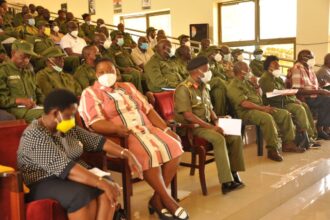By Mourice Muhoozi
In the afternoon of September 1st 2017, the high court of Kenya astonished the whole world by declairing the August 8th 2017 presidential elections invalid, null and void. This was a terrible humiliation to the IEBC, an election organising body of Kenya that based on compromised data to declare Uhuru Kenyatta as a winner of the election.
More astonishingly, the credibility of the election observers is also put to question, that is to say; the former South African President Thabo Mbeki declared the election free and fair, only to be proven wrong by the country’s supreme court.
Kenya’s supreme court ruling laid a foundation stone for the effectiveness and efficiency to the democratisation process in Kenya, but what does this imply to East Africa and Africa at large? It has broader normative implications.
It shows the need to have a well transparent instititionalised system of governance on the continental Africa. It is phenomenal to assert that this decision by the supreme court of the East Africa’s largest economy is the first of its kind on the continental Africa.
Though many governments in Africa are institutionalised, there is little or less autonomy of such institutions. These are interfered with by those in power. The period pre 2010 witnessed a lot of executive interference in the electoral processes in Kenya, but with the 2010 constitutional reforms, this was greatly checked. This restored citzen confidence in the electoral process. Thus, it is right to assert that most institutions in Kenya are greatly detached from the executive and other influences.
It also depicted Kenya as one of the most democratic countries on the continental Africa and a challenge to most African countries to ensure such a kind of democracy. Most countries in Africa claim to be democratic but this democracy is on paper, that is to say; it is in theoretical terms.
Pure democracy is depicted by autonomous institutions which ensure legitimacy and stability in a country, with out any interference. On the contrary, this has not been effected by most African countries. For instance the elections observers during the February 2016 elections in Uganda, that is to say the Common Wealth represented by Olusegun Obasanjo, noted that there was a lot of executive intefearance in those elections which was a breach to the constitutional law and democratic principles.
Notwithstanding, Kenya’s supreme court ruling depicted that power resides with the populace, not the rulers. The irregularities in the elections were entrenched by the self seekers to ensure their stay in power. However, their selfish aims were shattered by the independent judicial system which prioritises the principle of popular mandate to assume a public office, leading to the annulment of Uhuru Kenyatta’s win
Thus, this decision should not be looked at as just a mere Kenyan issue but all African countries should try to build confidence and trust in their respective citzens by establishing autonomous state institutions.
The writer is a second year student of journalism and communication at Makerere University.
Do you have a story in your community or an opinion to share with us: Email us at Submit an Article






